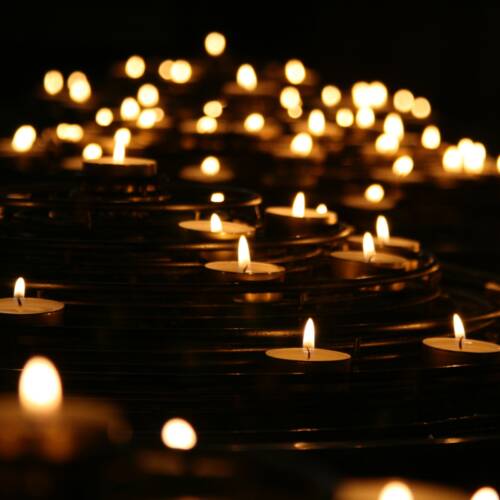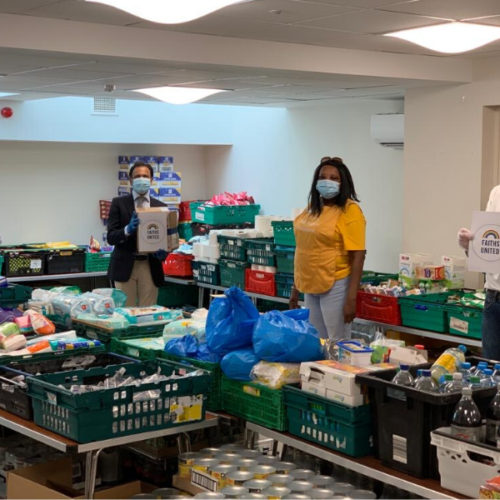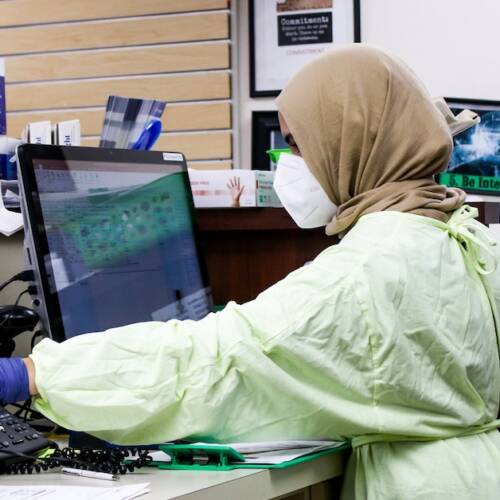
The Rise of ‘Intimate Terrorism’: Domestic Abuse During Lockdown
12 Apr 2020As most of us stay home to protect ourselves and our loved ones from the COVID-19 pandemic, some women and children are faced with a painful reality, as they end up in confinement with their abusers.
Since the outbreak, India has reported double the usual numbers of domestic abuse cases in the first week of the lockdown. In Spain, the emergency number for domestic violence received 18 percent more calls in the first two weeks. In France, domestic violence rose by 36%, including two cases of femicide. Refuge, a UK-based charity that supports individuals experiencing domestic violence, reported a 25 percent soar in calls to the Domestic Abuse helpline.
Given all of this, it is crucial that we start by defining domestic abuse and who faces it.
Domestic abuse, or domestic violence, is defined as any incident that involves controlling, coercive or threatening behaviour, violence, or abuse against individuals aged 16 or over, who are either family members or have been intimate partners of the abuser.
Abusive behaviours include:
- Physical violence
- Preventing a partner from doing what they wish or forcing them to behave in ways they do not want.
- Sexual violence
- Threats and intimidation
- Emotional and psychological abuse
- Economic deprivation.
Many of these behaviours can occur at any one time within the same relationship.
Domestic abuse also includes so-called ‘honour’-based violence, female genital mutilation (FGM) and forced marriages.
Men, women and children can all be victims of domestic abuse. Domestic abuse occurs amongst people of all ethnicities, sexualities, ages, disabilities, immigration status, religions or beliefs, and socio-economic backgrounds.
In light of the current situation, staying home – however vital to preventing the spread of the pandemic – is giving more power to abusers who have ample opportunities to carry out more forms of abuse around the house. The isolation also shatters support networks, making it far more difficult for victims to get help or escape.
A statement issued by the UN Secretary General Antonio Guterres on Sunday April 5th, urged governments to make the prevention and redress of violence against women a key part of their national response plans for COVID-19. Guterres expressed “for many women and girls, the threat looms largest where they should be safest. In their own homes.”
If you or anyone you may know is experiencing abuse or feels at risk, it is important to remember that there is help and support available. Guidance is also available to those who are worried they might hurt their loved ones while staying at home.
Surviving abuse is not just a matter of life and death. The consequences can be far more detrimental to the individual, family and society at large. Reach out and speak up! That’s how you break the cycle.















